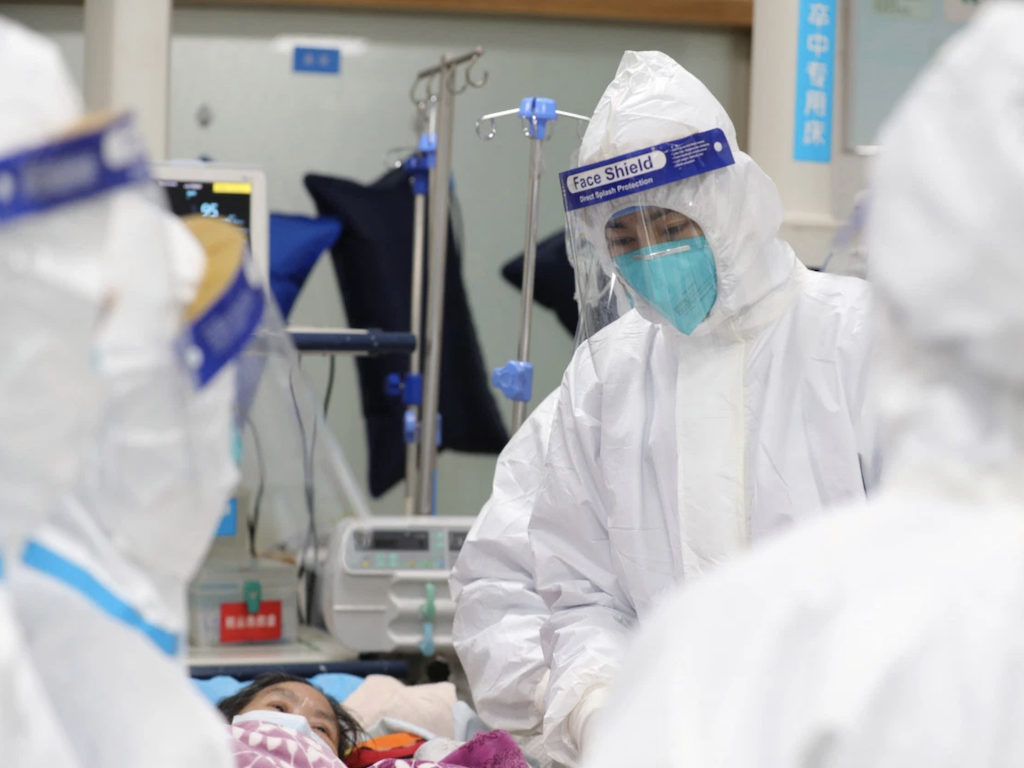5 Mins Read
World Health Day is a global health awareness day celebrated every year on April 7, launched by the World Health Organisation (WHO). World Health Day this year is happening in the middle of the global Covid-19 pandemic, as well as the United Nations Sustainable Development Goals’ (SDG) goal of the month for April: Good Health and Well-being (Goal #3). It has never been more important to use World Health Day to reflect on the need to ensure healthy lives for all people at all ages and how we ought to achieve this goal for the future of our planet and people.
This post was originally published by the SDG Media Compact, and is republished here on Green Queen as a part of our partnership with the compact to raise awareness about the Sustainable Development Goals and to share information from the World Health Organisation during the pandemic.
World Health Day 2020: Supporting the Medical Community
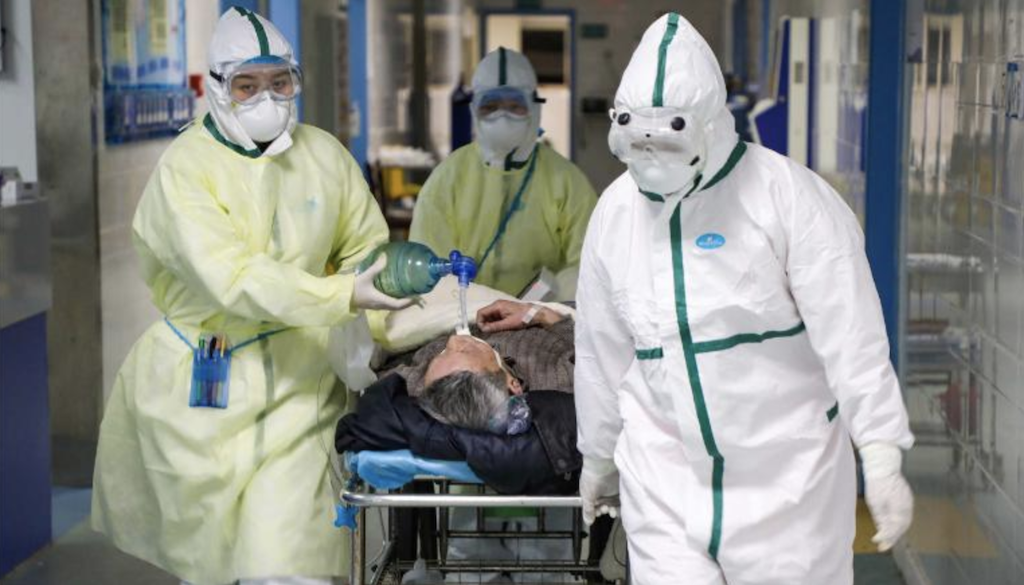
This World Health Day, the World Health Organisation (WHO) is calling everyone to respect, appreciate and support the courageous and committed medical community. It continues to stress the need for more investment in the health care workforce and systems, and the importance of following public health advice.
“We can’t stop COVID-19 without protecting our health workers,” said the head of the WHO, Tedros Adhanon Ghebreyesus, at a recent press conference in Geneva, adding that the continuing shortages of supplies such as gloves, medical masks, respirators, and aprons, are leaving doctors, nurses and other frontline healthcare workers “dangerously ill-equipped” to give proper care to patients.
Every day, health care workers risk their lives to provide care in their communities — from rural health clinics, mobile medical tents in refugee camps to major city hospitals. During the Ebola outbreak six years ago, WHO estimated that health care workers were between 21 and 32 times more likely to be infected with the disease than people in the general adult population. In West Africa, more than 350 health care workers died while battling Ebola.
April also marks World Malaria Day (25 April), World Immunization Week (24-30 April) and World Day for Safety and Health at Work (28 April) – observances highlighting critical interventions that keep life-threatening yet preventable diseases and other calamities at bay.
Covid-19: Global Response Needed For A Global Health Crisis
We are facing a global health crisis unlike any in the 75-year history of the United Nations — one that the UN Secretary-General António Guterres said is “attacking societies at their core, claiming lives and people’s livelihoods.”
Launching a new plan to counter the potentially devastating socio-economic impacts of the COVID-19 pandemic on 31 March, the Secretary-General called for an urgent and coordinated response that focuses on the health emergency as well as addresses the devastating social and economic dimensions of the crisis with an aim to build more equal, inclusive and sustainable economies and societies.
“Everything we do during and after this crisis must be with a strong focus on building more equal, inclusive and sustainable economies and societies that are more resilient in the face of pandemics, climate change, and the many other global challenges we face,” he added.
SDG Spotlight: Good Health & Well-being (Goal #3)
Ensuring healthy lives and promoting the well-being at all ages is essential to sustainable development.
Significant strides have been made in increasing life expectancy and reducing some of the common killers associated with child and maternal mortality, but working towards achieving the target of less than 70 maternal deaths per 100,000 live births by 2030 would require improvements in skilled delivery care.
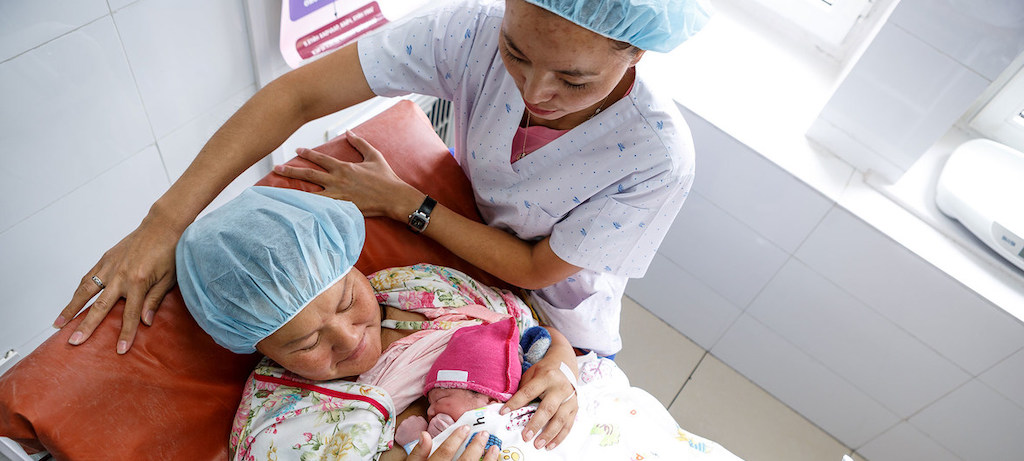
Achieving the target of reducing premature deaths due to incommunicable diseases by 1/3 by the year 2030 would also require more efficient technologies for clean fuel use during cooking and education on the risks of tobacco.
Many more efforts are needed to fully eradicate a wide range of diseases and address many different persistent and emerging health issues. By focusing on providing more efficient funding of health systems, improved sanitation and hygiene, increased access to physicians and more tips on ways to reduce ambient pollution, significant progress can be made in helping to save the lives of millions.
Healthcare Is A Human Right: Working Towards SDG Goal #3 During The Pandemic
At least half of the world’s population still does not have full coverage of essential health services. About 100 million people are still being pushed into extreme poverty (living on 1.90 USD or less a day) because they have to pay for health care, says WHO.
At a time when even those with access to quality health care may not be receiving the treatment they need due to overstretched hospitals, inundated health care providers, and lack of medical and protective supplies and equipment, existing inequalities continue to widen.
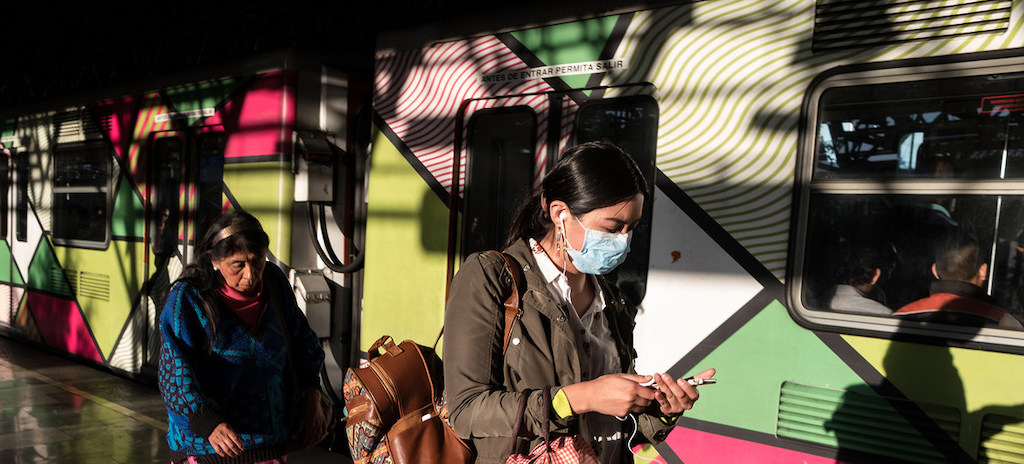
“… maintaining that the scarcity of resources or insurance schemes should never justify discrimination against certain groups of patients… everybody has the right to health,” a group of UN human rights experts have declared, calling on countries to take additional social protection measures so that their support reaches those who are at most risk of being disproportionately affected by the crisis.
They remain particularly concerned about people with disabilities, older people, minorities communities, refugee and internally displaced communities, those held in detention and many others living in poverty.
UN High Commissioner for Human Rights Michelle Bachelet has called on governments to take urgent action to protect the health and safety of people in detention and other closed facilities, as part of overall efforts to contain the COVID-19 pandemic.
Read our earlier news coverage of Covid-19 and prevention tips here.
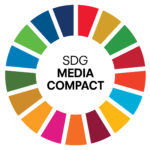
This post is republished from the SDG Media Compact as a part of a partnership with Green Queen and is aimed at raising awareness about the Sustainable Development Goals and sharing information from the World Health Organisation and the United Nations during the pandemic.
Lead image courtesy of The Central Hospital of Wuhan via Weibo / Reuters.

